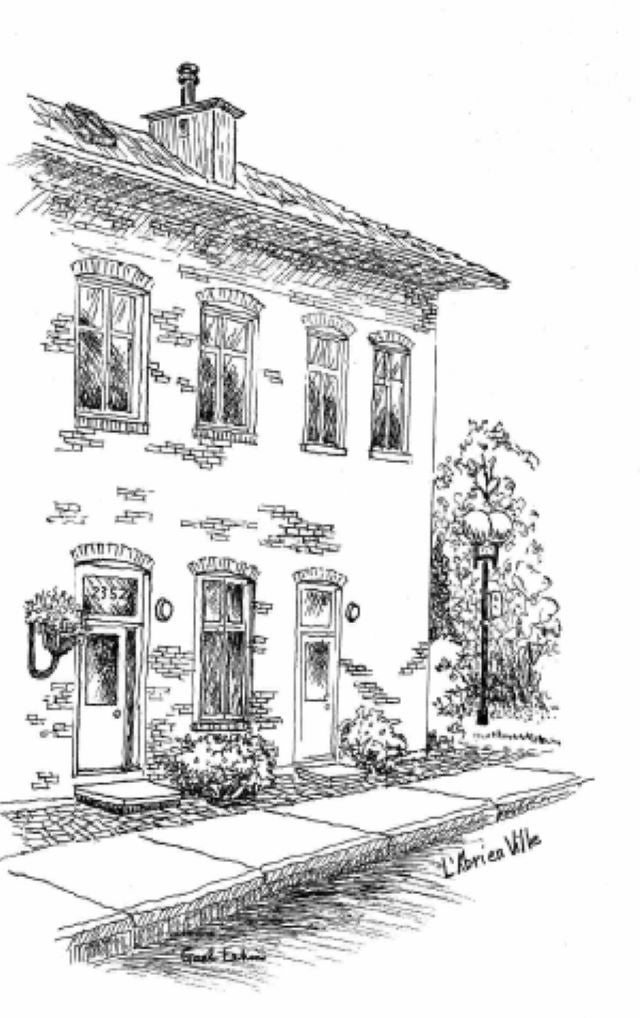L’Abri en Ville provides more than housing

The systems put in place for adults experiencing fragility in their mental health are in crisis according to Star Gale, executive director of L’Abri en Ville, a nonprofit organization providing stable housing for adults living with severe mental health diagnoses.
Applicants must first be ready to ask for help.
“Anybody that comes to L’Abri[…] could live independently, but they think that they would have a better success rate having a little bit of support to achieve that goal,” Gale said.
Once accepted, residents live in one of 10 three-bedroom apartments, which are rented by the organization. Residency “is not permanent, but it can be indefinite,” Gale adds, noting that some residents have lived in the same apartment for over a decade. She describes it as “supportive independent living.”
Many of the organization’s leases were first signed over 30 years ago, allowing L’Abri to benefit from long-standing rental agreements. While not formally rent-controlled, these agreements offer stability. “We put in a lot of work every year to negotiate with the proprietors to do what we can to keep the rents low,” said Gale.
The organization’s support extends far beyond housing.
A coordinator with a background in social work or social services oversees each apartment. Coordinators hold weekly house meetings to ensure everything runs smoothly – an important step, Gale explained, because “it can be hard to live with other people.” They also help maintain relationships among roommates and intervene when residents are hospitalized to ensure continuity of care. Coordinators also act as liaisons between residents and their support networks, including family, friends and clinicians. They also assist residents in achieving personal goals, such as returning to work and meeting physical needs.
Volunteers are another cornerstone of the program. Each apartment is supported by a team of three to five volunteers who help foster “rehabilitation and meaningful connection,” Gale explained.
While L’Abri’s housing is not a permanent solution, Gale emphasized that it “concretely interrupts the cycle of the revolving door of people coming in and out of being unhoused because they’re in psychiatric distress.”
The success of this approach has inspired similar initiatives. Today, L’Abri en Ville has three organizations in Châteauguay, Saint- Lambert and Ottawa.









